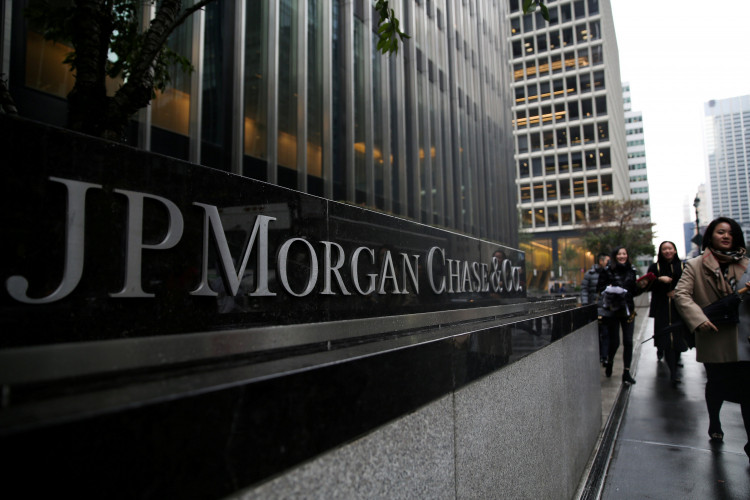Reuters - Asia share indexes extended losses for a second consecutive day Tuesday while the dollar rose as possible delays in more U.S. stimulus and concerns about fresh pandemic lockdowns in Europe hurt market-participant sentiment.
Meanwhile, the Hong Kong-listed shares of HSBC and Standard Chartered fell more than 2% each as international bank stock prices remained under intense pressure following reports about financial institutions allegedly moving illicit funds.
British lenders HSBC and StanChart were among world banks identified as having transferred more than $2 trillion in suspect funds over nearly two decades.
MSCI's broadest index of Asia-Pacific shares outside Japan was down 0.5%. Australia's S&P/ASX 200 dropped 0.7% as shares of mining and energy companies were sold while China's blue chip index lost 0.1% and Hong Kong's Hang Seng index was down 0.5%. Japan markets were closed for a public holiday.
After-hours trade in the U.S. pointed to further selling on Wall Street on Tuesday with S&P 500 futures down 0.2% in early Asia and Nasdaq 100 futures off 0.4%.
"We can't see any positive news on the horizon in the near term for the markets to rebound," said Steven Leung, executive director for institutional sales at Hong Kong brokerage UOB Kay Hian.
Overnight on Wall Street, the Dow Jones Industrial Average fell 1.84%, the S&P 500 lost 1.16% and the Nasdaq composite dropped 0.13%.
U.S. stock prices have fallen over the past three weeks as participants sold shares in large technology-related companies following a rally that lifted the S&P 500 and the Nasdaq to new highs.
JPMorgan Chase & Co and Bank of New York Mellon Corp. shares fell 3.1% and 4.0%, respectively, Monday. "The question is whether or not the residue of that impacts the performance of regional financials," said CommSec market analyst Tom Piotrowski in Sydney.
The coronavirus also remains front and center of markets' concerns. New pandemic measures in the UK set off declines in the shares of airline, hotel and cruise companies in both Europe and U.S. markets - increasing fears about further restrictions.
The Telegraph newspaper reported Prime Minister Boris Johnson would encourage Britons on Tuesday to go back to working from home. Any fresh coronavirus restrictions would threaten an economic recovery and add selling pressure to equity markets.
Concerns are growing about a delay in stimulus measures, too, after the U.S. Congress remained deadlocked over how and how much it should spend on another coronavirus-response package. It has already set aside $3 trillion.
The death of U.S. Supreme Court Justice Ruth Bader Ginsburg appeared to make the passage of another stimulus package in Congress less likely before the Nov. 3 presidential election. This sent the share prices of health care companies down.
U.S. President Donald Trump said he would put forward his nominee Friday or Saturday and called on the Senate - controlled by Republicans - to vote on a confirmation ahead of the election.
The dollar held on to gains with moves in Asia modest owing to a public holiday in Japan. The euro was steady at $1.1764 and the yen, which backed off a six-month high as the dollar gained, went higher to 104.56 per dollar.
The Australian dollar slipped to $0.7218 after a senior central banker flagged the prospect of policy options, including currency-market intervention and negative interest rates, to support the economy.
Gold fell against the rising dollar and was last traded at $1,908.76 per ounce. In oil markets U.S. crude rose 0.66% to $39.57 per barrel while Brent gained 0.31% to $41.95.





